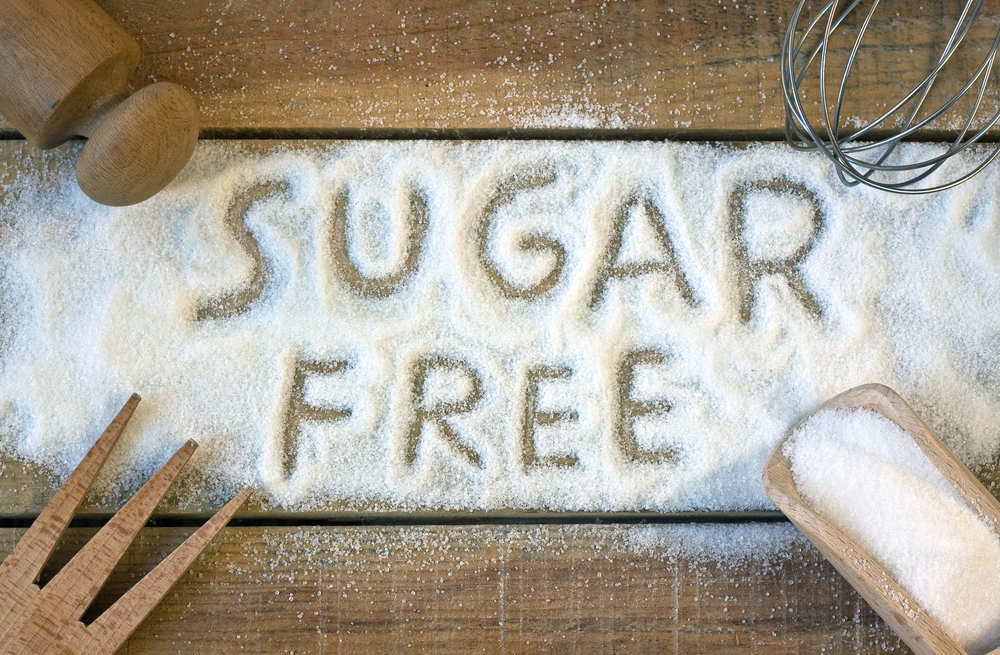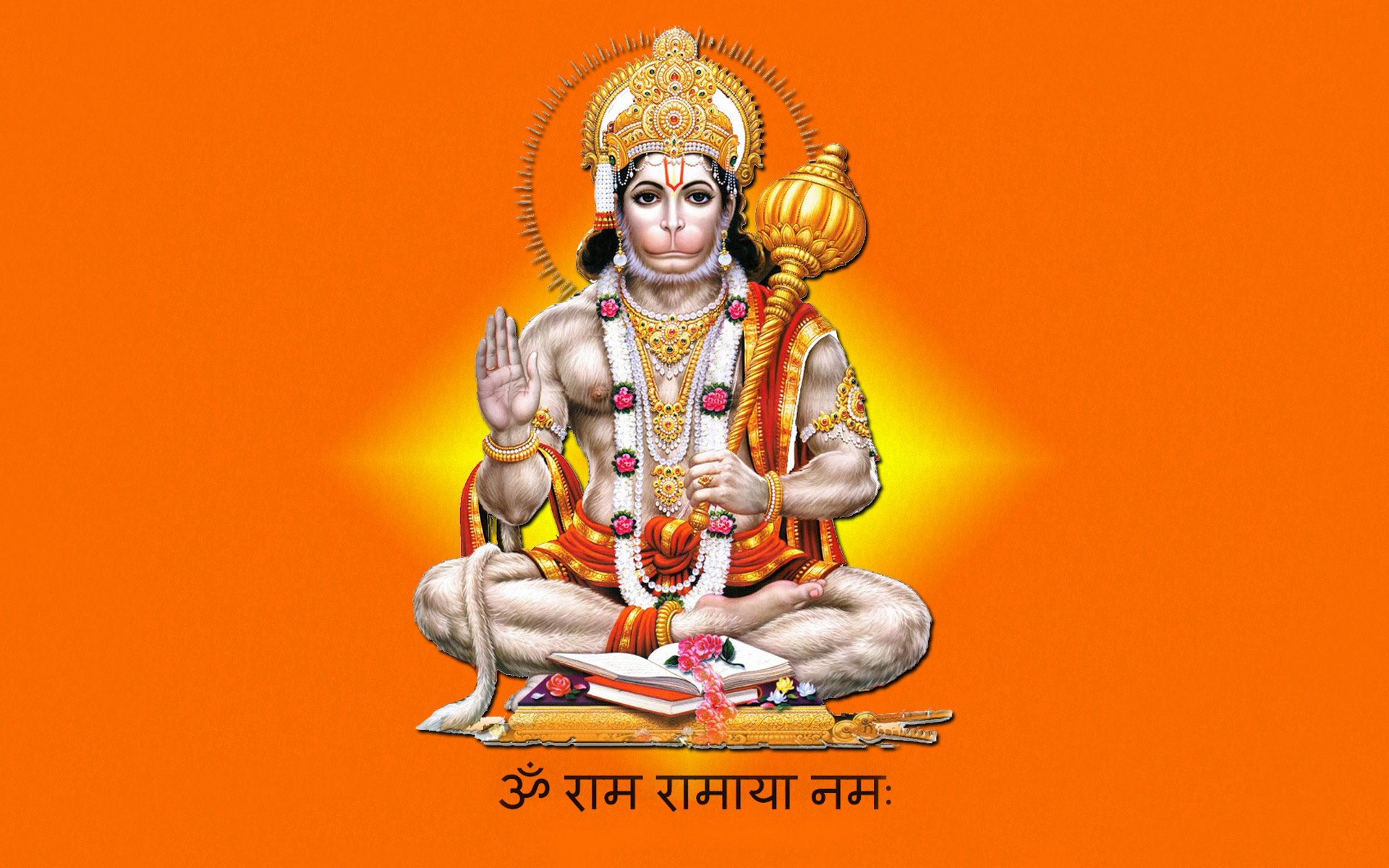Nowadays, alternative medicine is making its way into mainstream medicine. One of them is acupuncture. Till recently, acupuncture led to skeptical questions, due to the lack of information that people get about this practice. Now, we are going to unveil the facts behind acupuncture.
What is acupuncture?
Acupuncture is an ancient holistic health care system which is still widely practiced in China and other Asian countries for thousands of years. It entails stimulating certain points on the body, most often with a needle penetrating the skin, to alleviate pain or to help treat various health conditions.
How does it work?
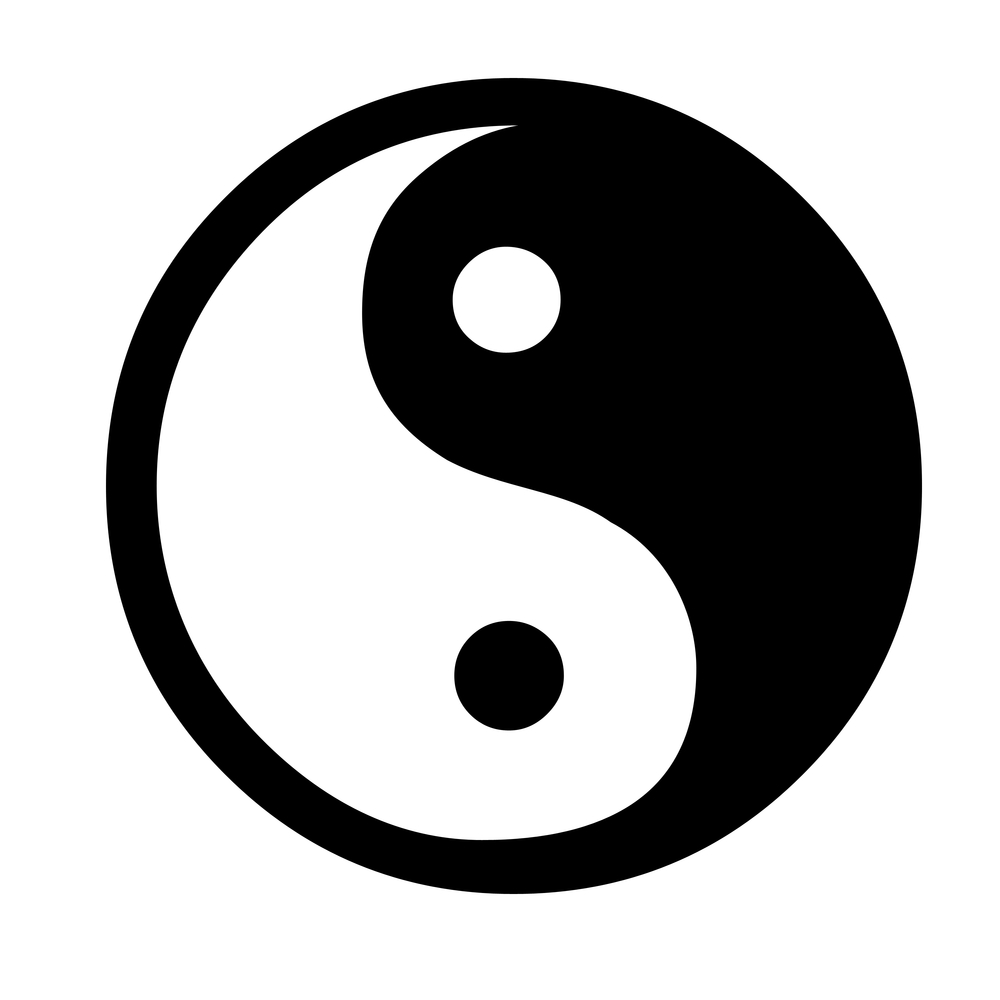
According to the classical Chinese medication, the channels of energy run in regular patterns through the body and over its surface. These energy channels, called meridians, are like rivers flowing through the body to irrigate and nourish the tissues. Diseases come from an imbalance of Yin and Yang, that leads to a blockage in the flow of Qi (read: chi), the vital energy or life force thought to regulate your spiritual, emotional, mental and physical health.
The meridians can be influenced by needling the acupuncture points. The acupuncture needles unblock the obstructions at the dams, and reestablish the regular flow through the meridians. Acupuncture treatments can help our internal organs to correct imbalances in digestion, absorption, and energy production activities, and in the circulation of the energy through meridians.
The modern scientific explanation is that needling the acupuncture points stimulates the nervous system to release chemicals in the muscles, spinal cord, and brain. These chemical will either change the experience of pain, or they will trigger the release of other chemicals and hormones which influence the body’s own internal regulating system.
The improved Yin and Yang balance produced by acupuncture results in stimulating the body’s natural healing abilities, which then promoting physical and emotional well-being.
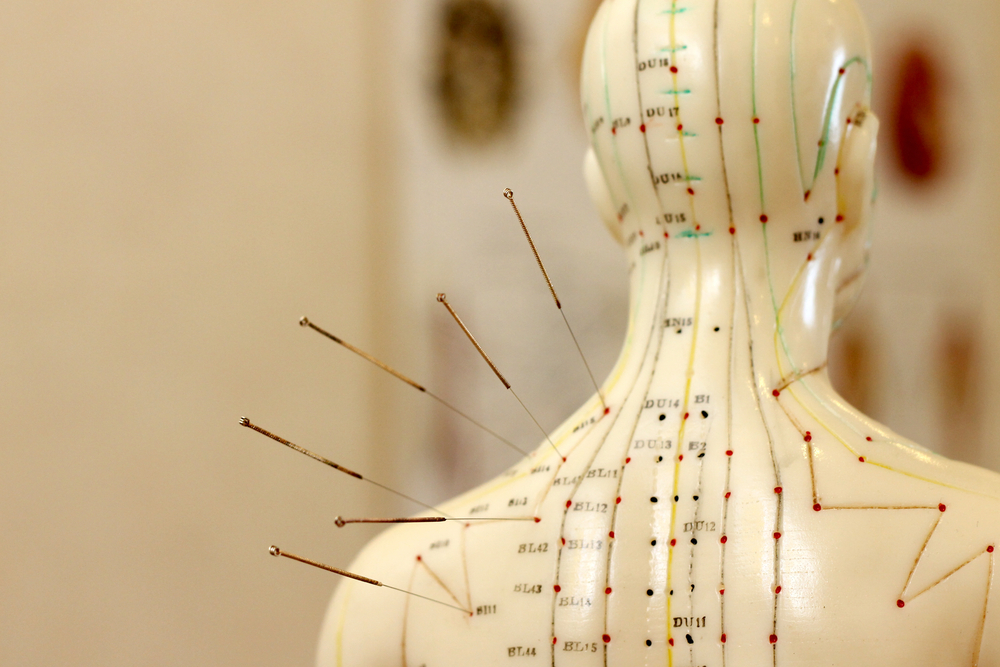
How can I use acupuncture?
Acupuncture practitioners (or acupuncturists) use acupuncture to treat a wide range of health conditions. Acupuncture can be effective as the only treatment used, or as the support to other medical treatment forms. The World Health Organization (WHO) recognizes the use of acupuncture in the treatment of a wide range of medical problems, including:
- Digestive disorders such as gastritis and hyperacidity, spastic colon, constipation, diarrhea
- Neurological and muscular disorders such as headaches, neck pain, frozen shoulder, low back pain
- Urinary, menstrual, and reproductive problems
- Respiratory disorders like sinusitis, sore throat, bronchitis, asthma, recurrent chest infections
- Dental pain
- Postoperative pain
Acupuncture vs medical acupuncture: what’s the difference?
Acupuncture is a very old medical art, while medical acupuncture is the term used to describe acupuncture performed by a doctor who has had thorough training in acupuncture and has a license to do it. Such a doctor can use one or other approach (traditional acupuncture and medical acupuncture), or combine both to treat an illness.
Does the needle insertion hurt?
Many people are afraid to take an acupuncture treatment simply because of the needles. Acupuncture needles are very thin and the point is not hollow with cutting edges like a hypodermic needle. The insertion through the skin is not as painful as injections or blood sampling.
Most patients feel the needle insertion a little bit tingling, and some feel no pain at all. If you do, let your practitioner know straight away.
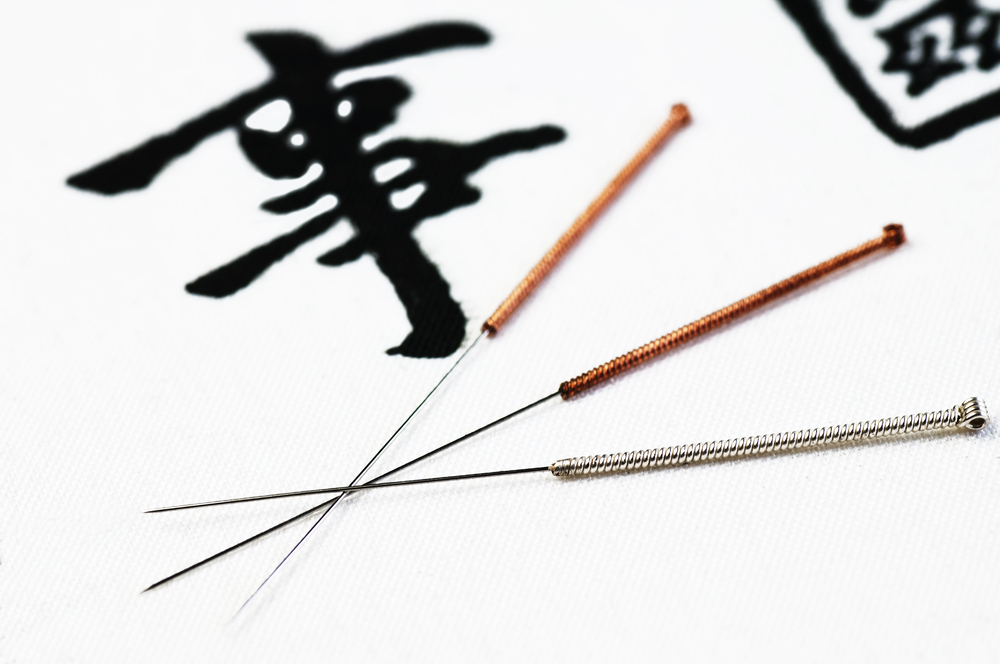
Are there any risks from doing acupuncture?
The risk of acupuncture is low if you have a competent, certified acupuncture practitioner. However there are certain possible side effects and complications, including:
- Soreness, minor bleeding, or bruising at the needle sites after acupuncture.
- If the needles are pushed in too deeply, they could puncture an internal organ—particularly a lung. However this is an extremely rare complication in the hands of an experienced practitioner.
- Infections due to hygiene. Licensed acupuncturists are required to use sterile, disposable needles. A reused needle could expose you to diseases, such as hepatitis.
Are there any tips for me on the day of a treatment?
To enhance the value and result of the treatment, you need to follow a certain guidelines, such as:
- Do not over-exercise, engage in sexual activity, or consume alcoholic beverages within 6 hours before or after the treatment.
- Do not eat an unusually large meal immediately before or after your treatment.
- Plan your activities so that after the treatment you can get some rest, or at least not have to be working at top performance. This is especially important for the first few visits.
- You may continue to take any prescription medicines as directed by your doctor/psychiatrists.
- Substance abuse (drugs and alcohol) especially in the week prior to treatment will seriously interfere with the effectiveness of acupuncture treatments.


